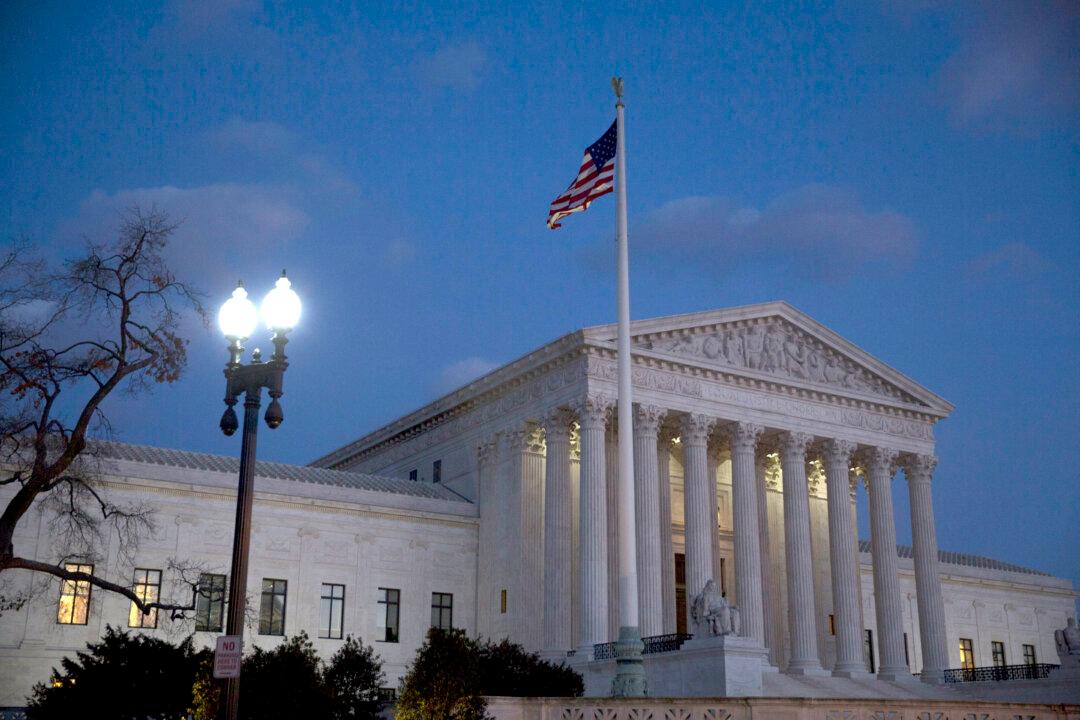The Supreme Court has agreed to a request by the Biden administration to dismiss an upcoming case challenging a public-charge rule that requires prospective immigrants to be able to support themselves financially.
The court last month agreed to hear the federal government’s appeal of a lower court decision against the Trump-era immigration rule that restricts the eligibility of new immigrants who are deemed to likely become “public charges” if they receive visas.




